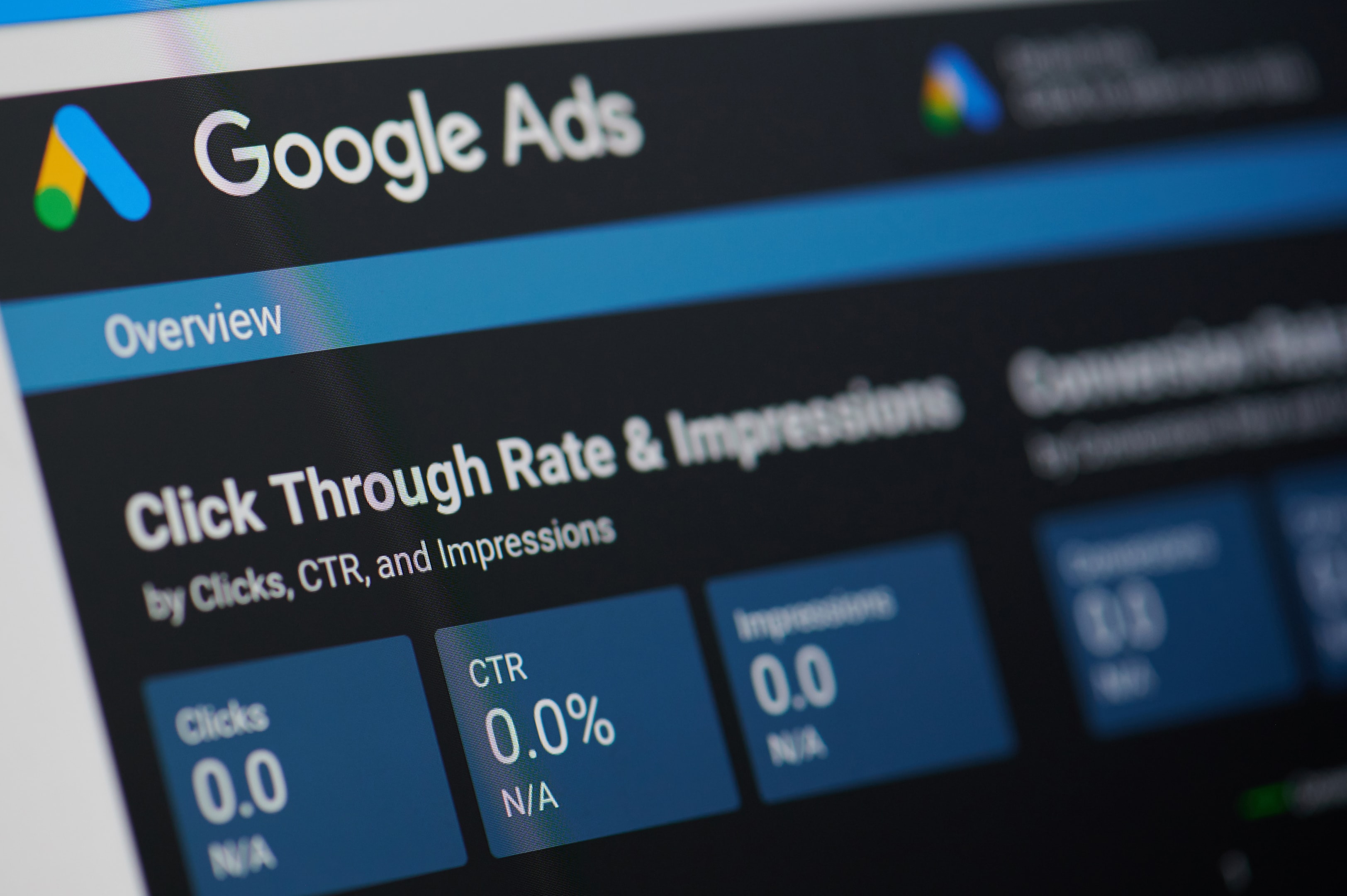The clash between the U.S. Justice Department and Google has sparked a heated debate over the tech giant’s role in the digital advertising market. At the heart of the issue is an antitrust lawsuit alleging that Google wields monopoly power through its control of search advertising, ad tools, and its search engine. The stakes are high, with potential remedies aimed at reshaping the digital landscape to foster competition and protect consumers.
The Antitrust Lawsuit and Allegations
The DOJ’s antitrust lawsuit against Google is a cornerstone of the Biden administration’s efforts to address the dominance of Big Tech companies. Filed in the U.S. District Court for the Eastern District of Virginia, the lawsuit alleges that Google has violated the Sherman Act by establishing an illegal monopoly in the search engine market and search advertising.
A federal judge, notably Judge Amit Mehta, is overseeing the case and has made significant rulings asserting that Google’s business practices constitute illegal monopolization under U.S. antitrust laws, which could lead to substantial repercussions for the tech giant.
The government claims that Google secures its position through exclusive agreements with device manufacturers, web browsers, and website publishers to make Google the default search engine. This practice, the DOJ argues, prevents new competitors from entering the market, maintaining Google’s dominance and driving up ad prices for businesses and advertisers.
Google’s Defense and Counterarguments
Google has denied these allegations, asserting that its market share reflects consumer preference rather than anticompetitive behavior. The company argues that its search engine and ad tools deliver superior value, citing billions of satisfied users and businesses as evidence of fair competition.
In its defense, Google has also highlighted the broader competition from social media companies, online publishers, and other tech companies like Apple and Microsoft. The search giant insists that focusing solely on its role in search advertising overlooks the larger digital ecosystem where ad exchanges and website publishers operate, emphasizing that its control over both the supply and demand sides of digital advertising through its ad exchange is a natural outcome of providing efficient services.

Key Issues at Stake
1. The Search Engine Market
Google’s control of general search services and search advertising is central to the case. The DOJ alleges that default agreements with companies like Apple solidify Google’s position, creating a self-reinforcing feedback loop that excludes new entrants and stifles innovation.
2. Monopoly Power and Structural Remedies
The DOJ’s antitrust case suggests that Google’s practices harm both small businesses and consumers. The government is seeking structural remedies, including the potential divestiture of Google’s Chrome browser or parts of its Google Ad Manager business. These steps aim to restore competition and create opportunities for new competitors.
3. Impact on Advertisers and Websites
Critics argue that Google’s dominance leads to higher ad prices for advertisers and reduced revenue for online publishers. The case has drawn attention from advertisers and website publishers who rely on Google’s ad tools to reach audiences but face limited alternatives in the market.
Witness Testimony and Evidence
The trial has featured witness testimony from Google employees, website publishers, and industry experts. These accounts provide insights into how Google’s practices affect the open internet and the ability of small businesses to compete. Evidence presented by the DOJ highlights Google’s use of tens of billions of dollars in revenue to maintain its dominant position through exclusive agreements.
Broader Implications for Big Tech
The Role of Antitrust Law
The case marks a significant test of U.S. antitrust law in the digital age. It underscores the challenges of regulating Big Tech in a landscape shaped by artificial intelligence, global affairs, and evolving consumer behavior.
Impact on the Industry
If the DOJ prevails, it would represent a significant victory for the government’s case and could pave the way for similar actions against other tech giants. Conversely, a ruling in Google’s favor could reinforce the status quo, allowing the company to continue leveraging its market position in search and ads.
Implications of the Ruling
The implications of the ruling are far-reaching and significant, with potential consequences for Google, the tech industry, and consumers. Here are some of the key implications:
-
Changes to Default Search Engine Deals: Should the ruling mandate changes, Google may need to renegotiate its default search engine deals with device manufacturers and web browsers. This could open the door for other search engines to become the default option on various devices and platforms, potentially diversifying the search engine market.
-
Increased Competition in Search Engine Market: A shift in default search engine agreements could lead to increased competition. Other search engines might gain more traction and market share, fostering innovation and potentially delivering better search results for consumers.
-
Impact on Google’s Ad Business: Compliance with antitrust laws may necessitate changes in Google’s ad business practices. This could alter how Google displays ads and the revenue it generates from advertising, impacting both advertisers and website publishers who rely on Google’s ad tools.
-
Precedent for Future Antitrust Cases: The ruling could set a significant precedent for future antitrust cases against tech giants. It may embolden regulators to challenge other companies accused of abusing their market power, potentially leading to a wave of new antitrust lawsuits.
-
Increased Scrutiny of Tech Giants: The ruling may prompt increased scrutiny of tech giants’ business practices. Regulators and lawmakers might take a closer look at how these companies use their market power, potentially leading to more stringent regulations and oversight.
-
Potential for Breakup of Google: In an extreme scenario, the ruling could lead to a breakup of Google. The company might be forced to spin off certain businesses or assets to comply with antitrust laws, fundamentally altering its structure and operations.
-
Impact on Website Publishers: Website publishers could see changes in how they monetize their content through advertising. Adjustments in Google’s ad practices might affect their revenue streams, prompting them to explore alternative monetization strategies.
-
Increased Transparency and Accountability: The ruling could drive increased transparency and accountability in the tech industry. Companies might be compelled to be more open about their business practices and how they wield their market power, fostering a more competitive and fair digital marketplace.
-
Impact on Social Media Companies: Social media companies might also feel the ripple effects of the ruling. Changes in the digital advertising landscape could influence how these platforms operate and generate revenue, potentially leading to shifts in their business models and services.
-
Long-term Consequences for Google: The ruling could have long-term consequences for Google, potentially limiting its ability to grow and expand in certain areas. This might lead to strategic shifts in how Google operates and the services it offers, impacting its overall market presence.
By addressing these implications, the ruling has the potential to reshape the digital advertising market, fostering a more competitive environment that benefits consumers, advertisers, and the broader tech industry.

Future of Competition and Innovation
The trial has far-reaching implications for the future of the search engine market and the broader digital ecosystem. The DOJ argues that breaking up Google’s monopoly would lower costs for advertisers, increase revenue for online publishers, and foster innovation from new competitors. Google, however, contends that its services drive economic growth and support small businesses by providing effective tools for reaching consumers.
Possible Remedies
The DOJ has proposed several remedies, including:
-
Requiring Google to divest its Chrome browser and parts of its ad tools business.
-
Limiting the company’s ability to sign exclusive agreements with device manufacturers.
-
Encouraging new entrants to develop alternatives to Google’s search engine.
The Role of Consumers and Advertisers
Ultimately, the antitrust trial raises critical questions about the balance of power in the digital marketplace. While the department of justice aims to protect consumers and promote competition, the trial also highlights the reliance of small businesses, advertisers, and online publishers on Google’s ecosystem.
As the case progresses, the outcome will likely shape the future of search, ads, and competition in the digital economy.












